Australia, like many other countries, has experienced many changes within the electrical industry with the privatization of the electrical distribution businesses (power companies). The electrical inspector was always an integral part of the business; and as the state-owned power companies have been sold off—many to international owners—the electrical distribution business has altered the role of the electrical inspector to be more aligned with a technical connection officer and to responding to requests for supply rather than the safety and electrical compliance of the installation.
Victoria is the only state in Australia that through privatization established an independent and self-funded electrical regulator, and they sought to establish the electrical inspection activity different from the other states. They established a licensing system that required a separate licence for electrical inspectors and different categories of inspection based on the capabilities of the inspector. The licence categories are:
- G Class – General installations for non-specialised installations (including three phase)
- V Class – High Voltage
- H Class – Hazardous areas
- M Class – Medical areas
This system was adopted with the introduction of the Electricity Safety Act 1998 and Electricity Safety (Installation) Regulations 1999, and they also require installations to be certified by a prescribed or a non-prescribed certificate of electrical safety. It requires the electrical worker to engage a private electrical inspector on completion of the electrical work, and a prescribed certificate of electrical safety is completed by both parties and provided to the electrical distribution company.
No other state in Australia has adopted this licensing system, and in Victoria it allows for the inspection and audit of approximately 100,000 installations per year. Currently, Victoria has in excess of 300 licensed electrical inspectors spread over the different categories.
In contrast, the other Australian states have self-certification and an audit process that does not have the reach of Victoria. In Western Australia, they are only now starting to reduce their inspection activity based on the electrical workers’ capability and on-site performance.
In Queensland, they require hazardous and high voltage installations to be checked by an auditor that meets the electrical safety office’s requirements and standards; many Victoria licensed electrical inspectors are on their list as their licence allows competency to be validated.
Victoria has provided a benefit to electrical inspectors through the licensing system and, personally, my licence with all the categories endorsed has provided me the opportunity to work throughout Australia and Asia due to the competency that can be displayed.
We need to recognise that with all the privatization, the electrical inspector is an important part and, as inspectors, we need to fight for this role and, as Victoria has done, consider a licensing system for the electrical inspector. It is easy to do nothing or look at early retirement; however, the safety of electrical installations and the maintenance of electrical standards is vital.


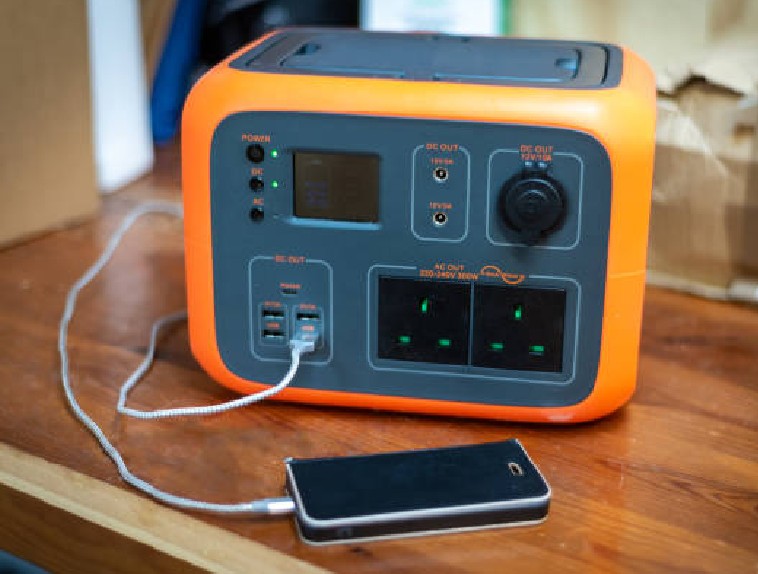
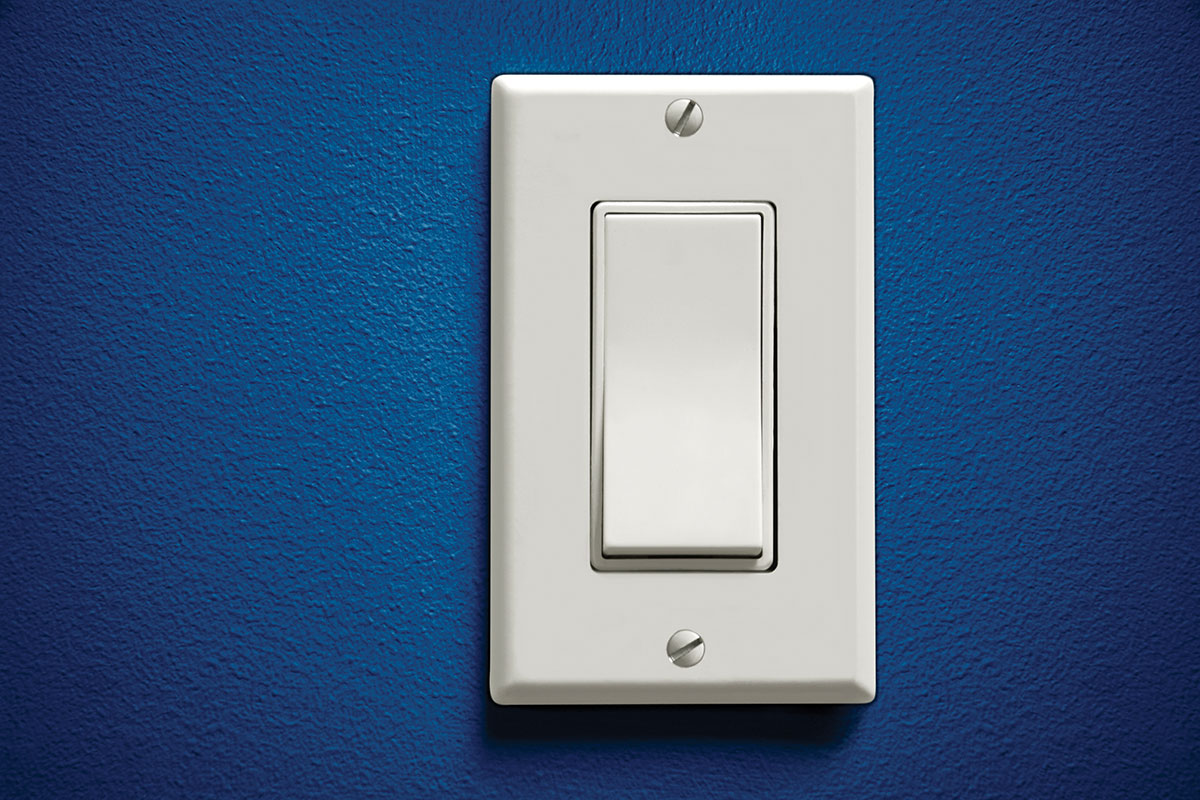
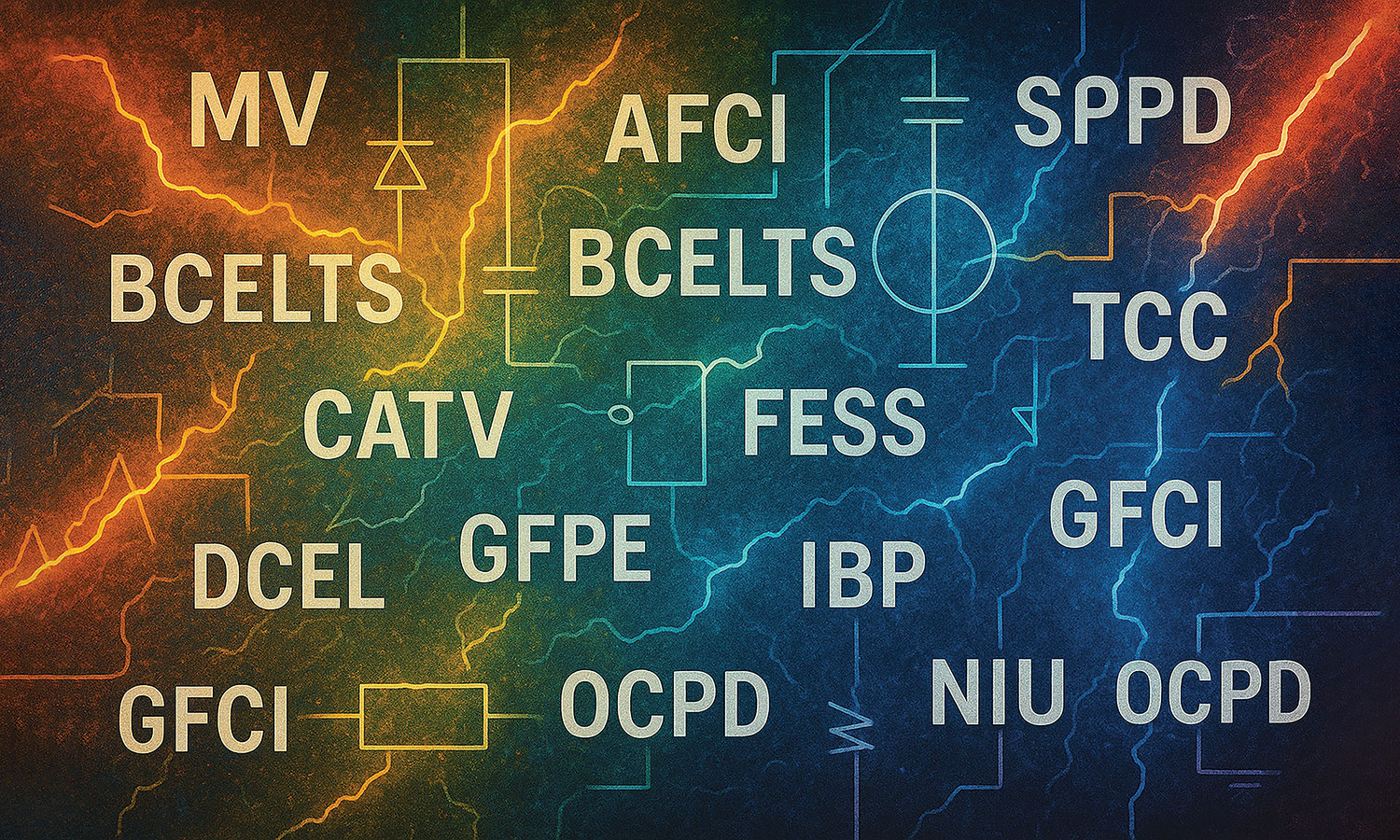






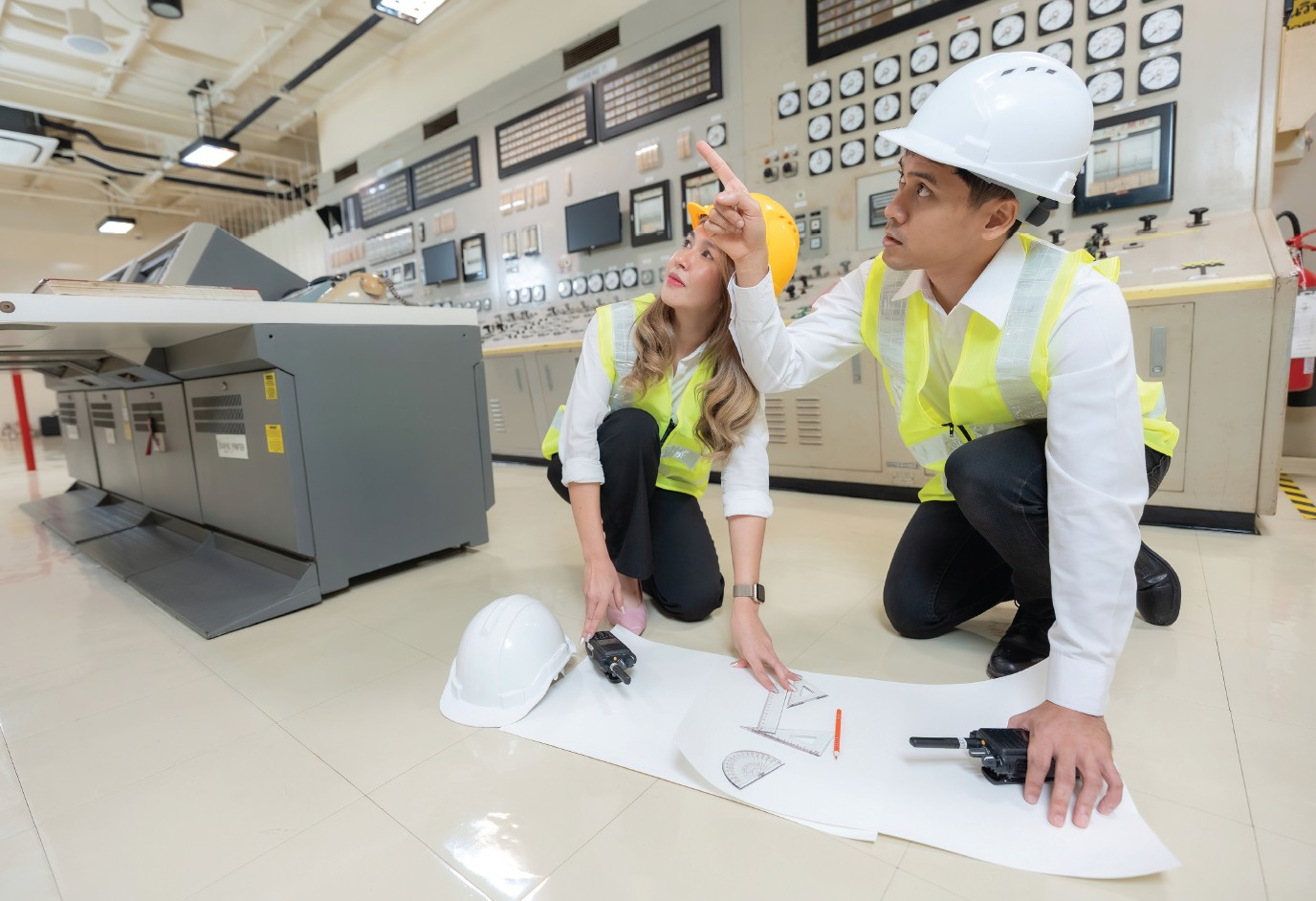
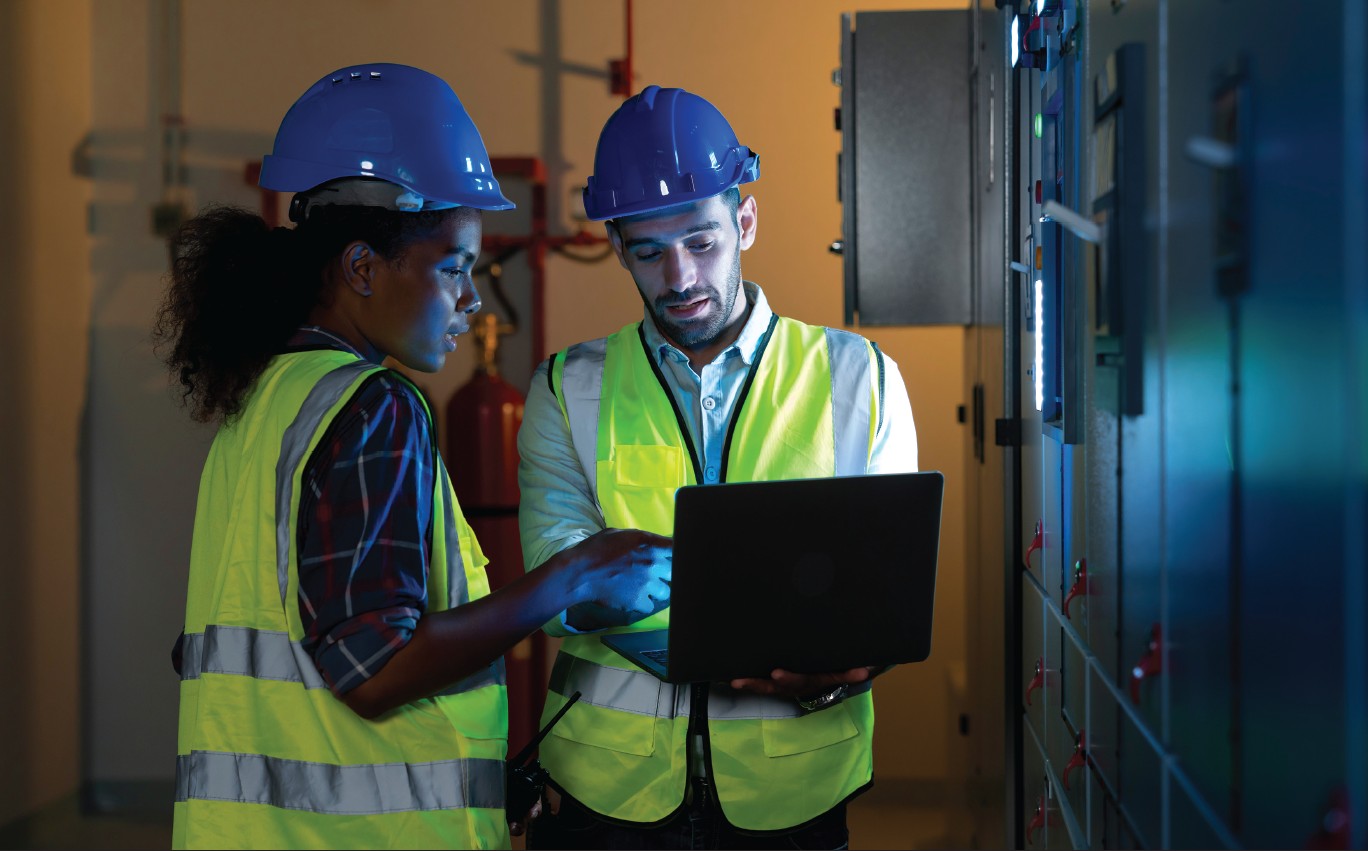
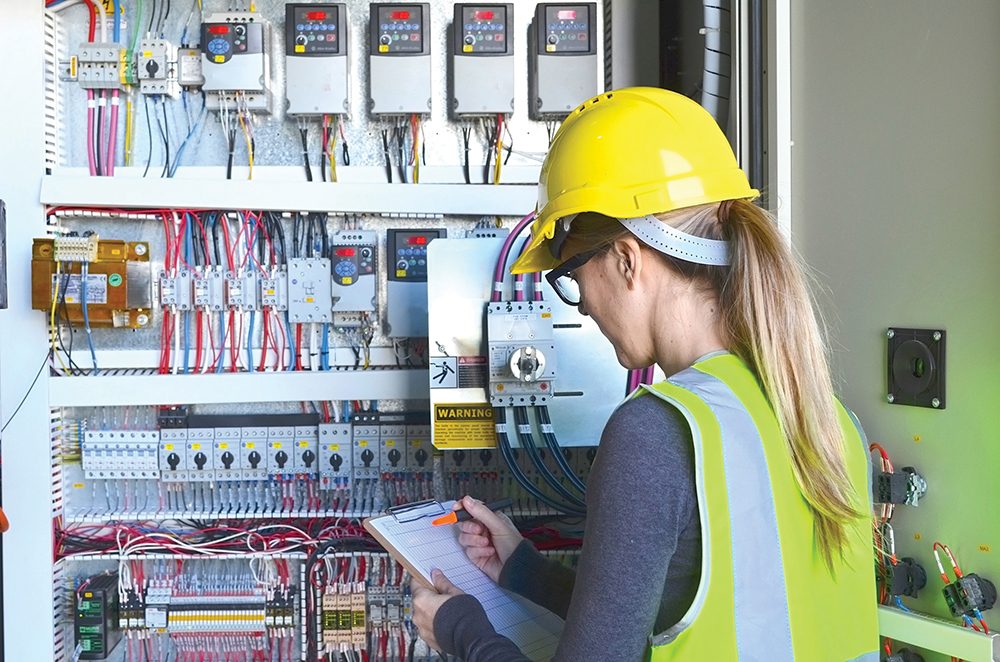
Find Us on Socials